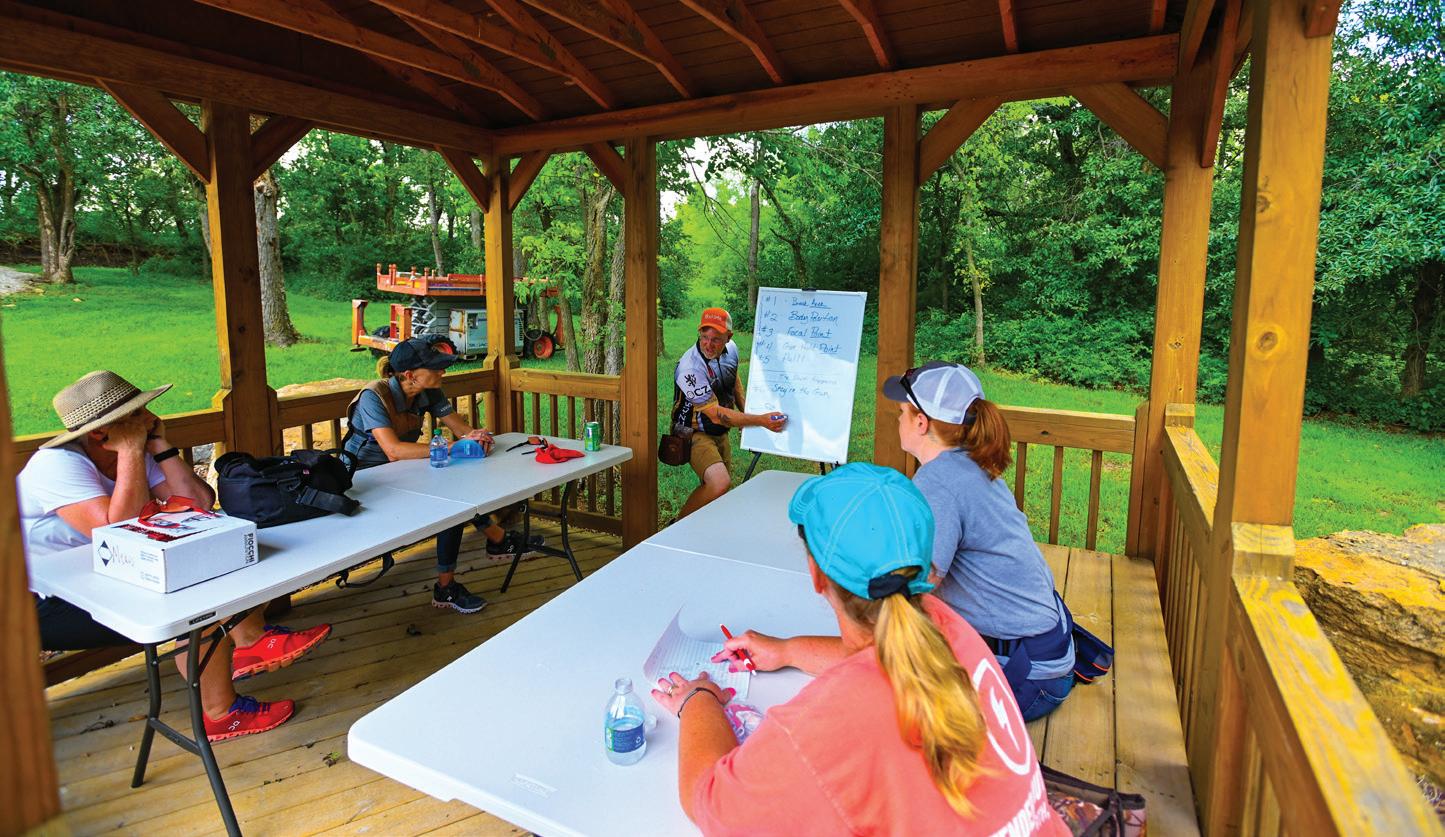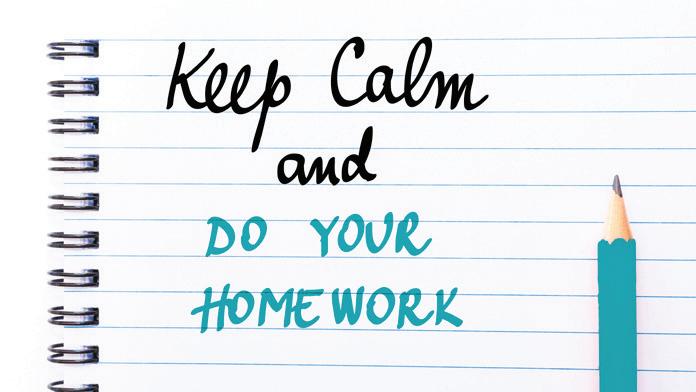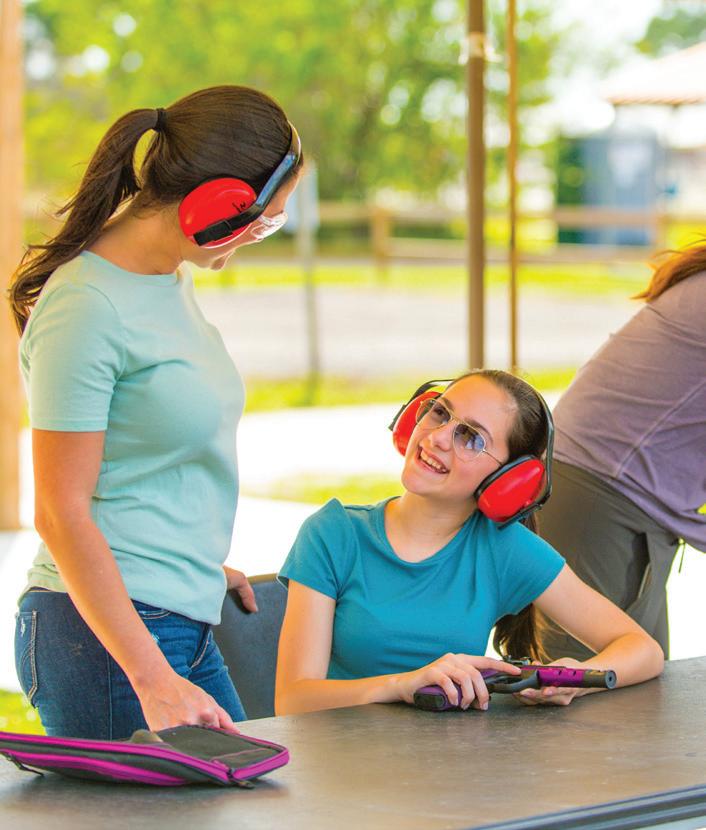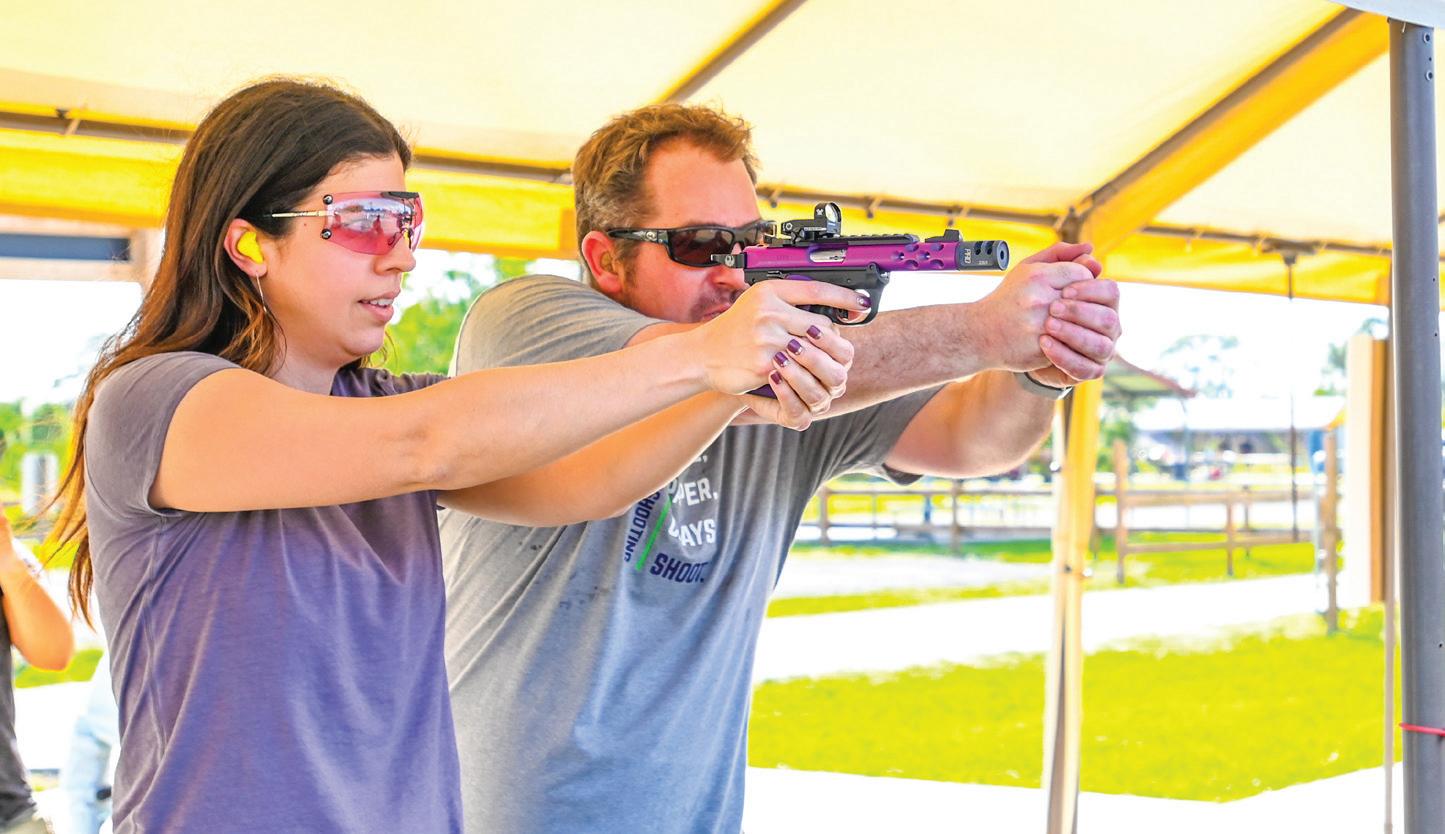
5 minute read
How to Pick an Instructor
BY CRYSTAL DUKE | PHOTOS BY THADDIUS BEDFORD
Most people who purchase any type of gun realize they need some training to operate it safely and competently, but they are quickly overwhelmed by where to start, and with whom to start. Especially if they don’t know anyone else to ask for a referral. So, how does one go about choosing an instructor?
Advertisement
But Who?
First, don’t be discouraged, there are lots of competent firearms instructors out there. Of course, there are some that shouldn’t be teaching as well, so how do you sort it all out if you know nothing and no one? The firearms education industry has grown a lot and reflects the diverse faces of our country. There are women, minorities, older, younger, men, instructors as well as teaching teams, schools and more.
Your prospective instructor should possess certifications, reviews, a history of teaching, a range affiliation, good reputation, a website and/ or Facebook page showing them instructing students, and more. Let’s break each of these items down for clarification.
Certifications Are Not All Equal
Instructor certifications are issued by several accreditation agencies such as the NRA and USCCA. There are several others of note such as renowned rangemaster, Massad Ayoub and Active Self Protection. The NRA and USCCA are the major ones that certify a lot of instructors. Instructor certifications are different than certifications you can earn from many instructors offering their own curriculum. Certificates a student earns are
Certificates of Completion. Here we are strictly talking about instructor certifications. To earn an instructor certification, each candidate must take the basic course, then prove they can teach that course in an instructor version of said course. Part of that course is an instructor shooting qualification which is much more difficult than the student shooting version. Your instructor should have a certification for the discipline in which you are interested. Most instructor courses take between one and three days to complete. Some are structured differently over time but most take only a day or so to complete once a candidate has taken the pre-requisite course. Each discipline requires all these steps so an instructor with a lot of certifications has really put in a lot of time as a student.
Do Your Homework

Any instructor that has been teaching for a length of time should have reviews from their students. There is a place for reviews on websites and business FB pages. Read the reviews for what the students found valuable with this particular instructor. Also look for the instructor’s history of teaching. Pay close attention to past classes, current listed classes, how many classes listed on a site or portal like NRA or USCCA instructor portals, etcetera. Most instructors get much better over time but that doesn’t mean someone new isn’t amazingly capable. It should be noted that newer instructors should have lower pricing than an in-demand, seasoned instructor who gets a lot of business through referrals. approachability. I certainly don’t mind at all when a prospective student calls. It demonstrates their level of interest and that they are trying to make the best decision with their training dollars. Almost every instructor I know will also make a referral to an appropriate person if they don’t have expertise in the area the prospective student is looking for or if logistical challenges are present. For example, I’m part of a national women’s shooting league and have a terrific network across the country. If someone calls me out of my area, I can give them a great place to start.
All instructors must teach somewhere. If they teach at a range, you might find business cards posted on the public board or maybe they work at the range and teach as a sideline. There are many different arrangements. Before I built my own private range, I taught at many different ranges in my area. Gun ranges and gun stores are a terrific source of recommendations and resources. They know nearly everyone in their community.
Your instructor should have a good reputation. If you see bad reviews consistently then you might want to think about another choice unless they have a specific skillset you are seeking. We can’t make everyone happy all the time and every instructor experiences that nightmare student that leaves them a terrible review with little or no cause. One bad review is likely nothing to worry about.
You’ve bought a gun and need training, so you’ve got to start somewhere. The gun community is very welcoming to new shooters and people wanting to gain new skills. Don’t be afraid to take classes from different instructors. People explain things in different ways, and it helps to


An instructor who has been teaching a while should have some sort of digital presence whether a website or a Facebook page full of various things about firearms instruction and activities. A website can tell you nearly everything you want to know about them; their story, which certifications they hold, class offerings, and the type of clientele they serve based on photos of classes they post. It doesn’t have to be a fancy, slick website as those cost a lot of money to have developed and maintain. However, there should be enough information on there to form a good first impression.
Ready for Selection
When you find someone that passes all the criteria above in your area, give them a call. Have a conversation with them to gauge their hear the same information presented another way. If you find an instructor you love, take several classes from them. Support their program, refer people to them. All good instructors do it for the passion and work hard to make enough money to sustain their programs. We all care deeply about our students and our communities and want to make a difference in our student’s lives. The ones that only care about the money will be obvious and tend to have a lot of turnover among students. Even those instructors can add tremendous value to your training if they explain things in a way that really help you grasp a concept.
Virtual Training
Some choose on-line instruction as opposed to in-person instruction. While on-line instruction can be very valuable to introduce concepts, talk about drills, demonstrations, help cement what you just learned in person and general education about firearms, there is a major drawback to relying solely on this type of education. There is NO substitute for a live person with eyes on you and what you are doing. Many people develop bad habits with online education when trying to replicate a certain drill or skill they saw on the internet. Nothing is worth compromising safety when it comes to your new firearm. People often don’t realize they are “muzzling” themselves with their own gun because they’ve never taken a private lesson or in-person class and had eyeballs on them and their technique. I once had a prospective student call me about booking a lesson. They asked what I charge per hour. It wasn’t a tremendous amount of money and was less than I currently charge. This individual proceeded to tell me, “Oh, I can’t afford that, I will just go watch a million YouTube videos.” They had just purchased a new gun and felt that an in-person lesson costs too much. How confident would you be in their safe gun handling skills when shooting next to them at the range? Please don’t be this person. On-line learning is a very valuable addition to in-person training when used in conjunction with live training. But it is not a complete substitute for in-person training.
Seek out regular consistent in-person training and practice what you learn. Then you can reward yourself with a new class and skill set with an awesome instructor. n












